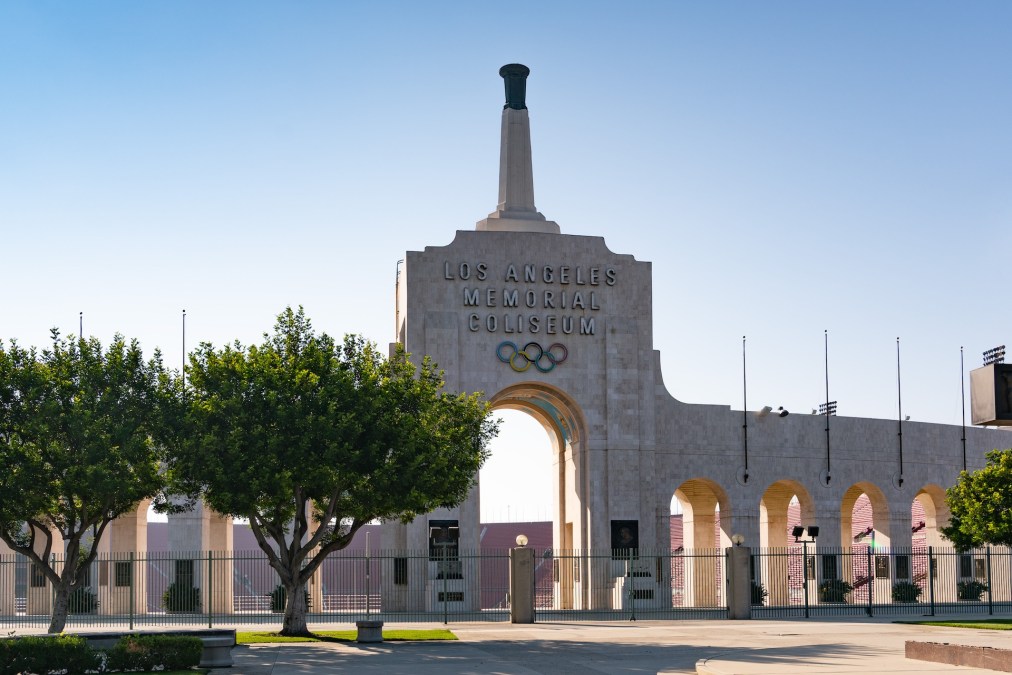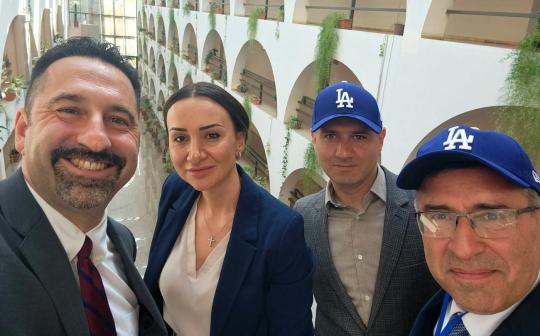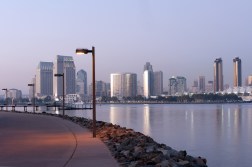Redefining ‘smart cities’ while preparing for the Olympics

Los Angeles Chief Information Officer Ted Ross increasingly spends his workdays focused on projects connected to his city’s hosting the 2028 Summer Olympics. While the global event is still six years away, it will require major improvements to the city’s digital and physical infrastructure, Ross said Thursday during StateScoop’s IT Modernization Summit.
“Don’t misquote me on it, but I’m tired of talking about COVID, like many other people are,” Ross said during a virtual conversation with San Francisco CIO Linda Gerull. “I know it’s an issue, but as a city, we are preparing for the Summer Olympics and Paralympics. I think it’s extremely important that while that runway may seem like a while, we have some pretty intensive infrastructure and technology investments that need to be ready to go to be able to host the world.”
Not long after the International Olympic Committee awarded Los Angeles the 2028 Games, Ross’ office published its SmartLA strategy, made up of 66 projects including a new light rail at Los Angeles International Airport, expanded 5G networks and a regional data exchange through which local governments and business groups can share data on topics like traffic patterns and environmental conditions.
“While I don’t mind working through COVID recovery, we have a really bright future ahead of us,” he said.
While Ross’ “SmartLA” strategy leans on the amorphous term “smart city,” Gerull, his counterpart up the California coastline, suggested it might be time to retire it.
“I think ‘smart cities’ is a little bit restrictive,” she said. “I think all cities are smart. Some of the most difficult problems to solve are city problems.”
Gerull said “digital cities” is a more appropriate term, with consumer mobile devices being ubiquitous and government services increasingly being delivered online.
“Everything from infrastructure to digital services to how we interface with our constituents, and really how we deliver it is going through a transformation,” she said. “We are carrying around smartphones in our pockets and there’s so much more available to interact with our residents.”
Gerull also said that “digital cities” need a focus on ensuring those new resources are extended to residents with the least opportunity.
“With all these digital services, there’s such a need for equity, and one of our projects is to close that digital divide and for the first time deliver internet service to unserved parts of our community,” she said. “That’s hard to believe in a 49-square-mile city that we would have underserved areas, but here we are.”






